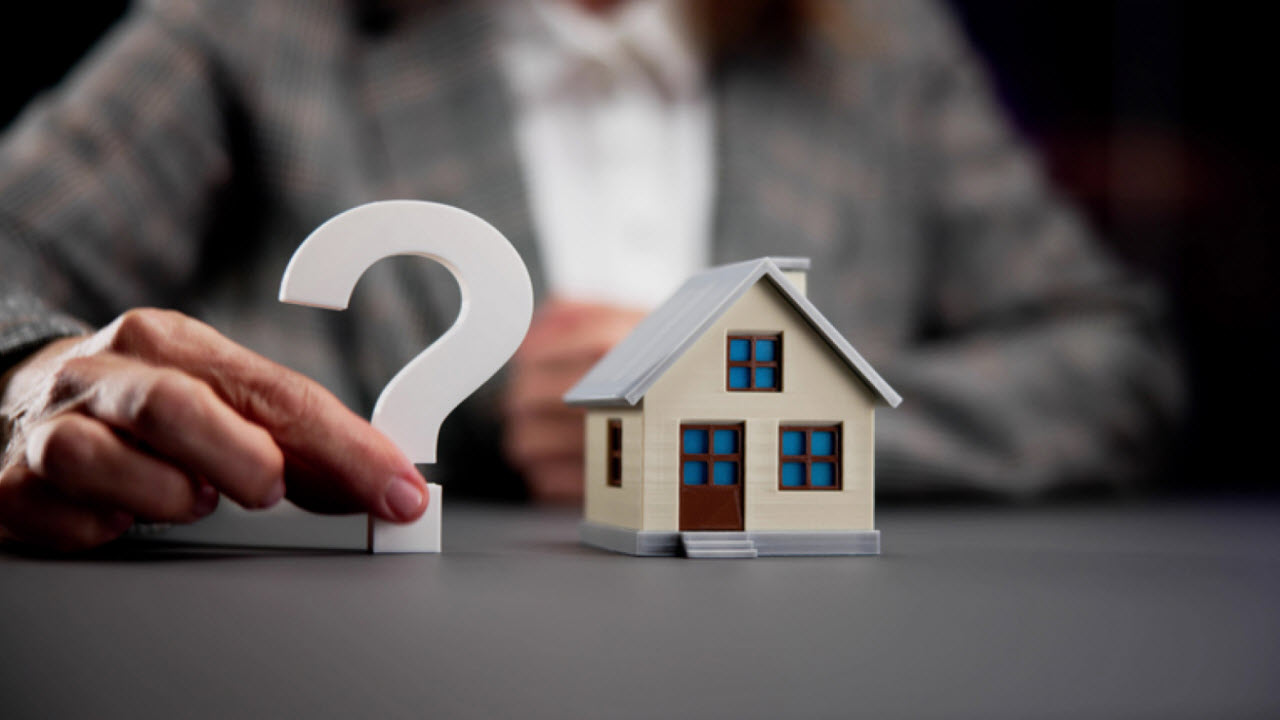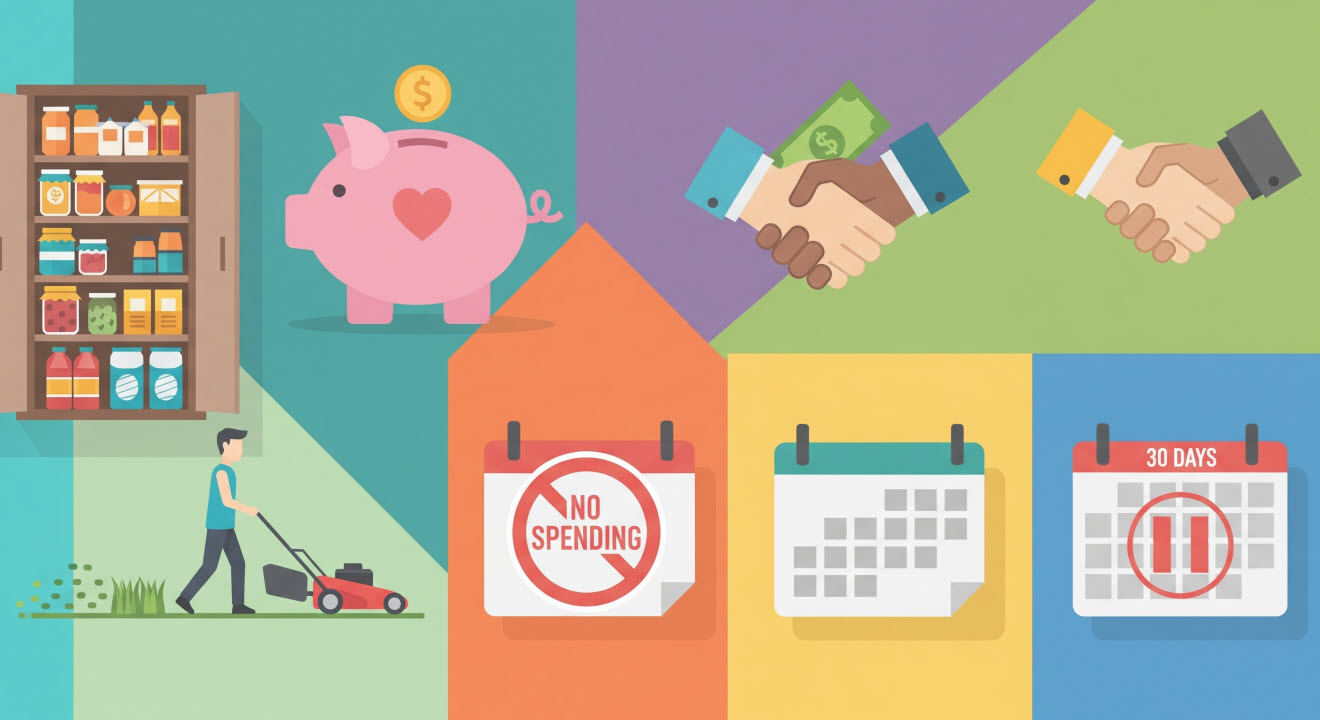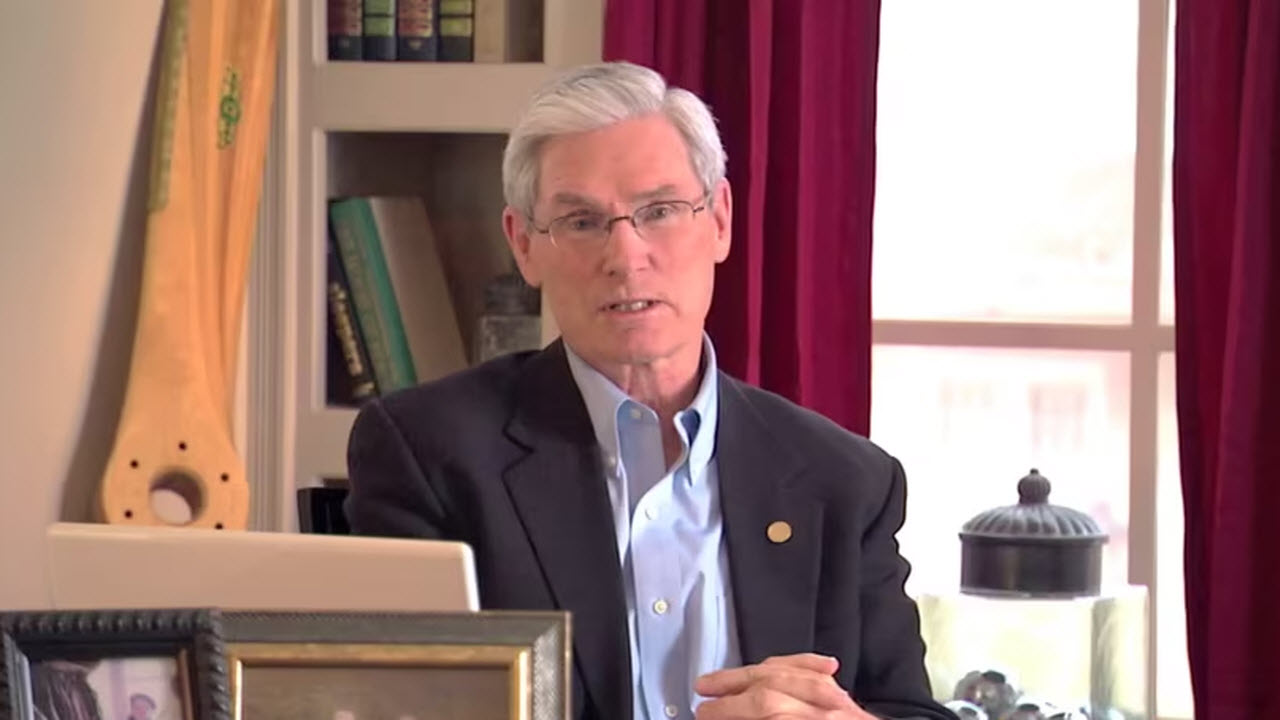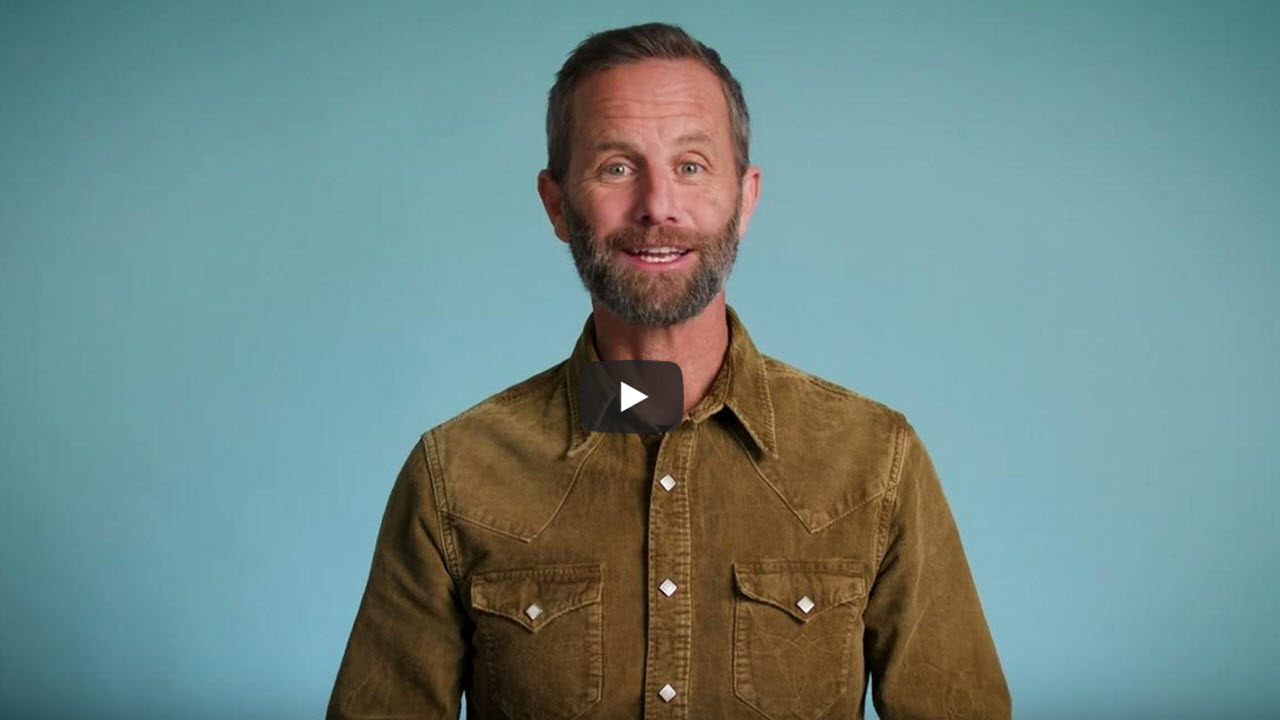Why Buy a Home?
Home ownership has long been seen as an integral part of “the American dream.” It seems like an inherently good goal.

However, in very pragmatic ways, there are downsides to owning as well.
A number of years ago, Yale Economist Robert Shiller explained that argument in a Bloomberg Television interview. After listening to his cautious views on the housing market, one of the Bloomberg hosts asked Shiller, “Then why buy a home?
People trap their savings in a home, the interviewer said, creating an opportunity cost of not having that money available to earn a potentially better return in the market. So, the host asked, "Why do it?” To which Shiller responded, “Absolutely!”
No different than buying a car While Shiller framed the discussion in terms of viewing a home as an investment, his words have relevance for all homeowners or those who want to own a home some day. “It takes maintenance, it depreciates, it goes out of style. All those are problems. And there’s technical progress in housing, so the new ones are better. So, people might just decide, ‘Yeah, I’ll diversify my portfolio; I’ll live in a rental.’ Very sensible thing for many people to do.”He said that once you account for depreciation and maintenance, the real appreciation for housing historically has been 0%. Shiller went on to compare buying a home to buying a car, putting it in storage for 20 years and then trying to sell it.
“Obviously not a good idea because people won’t want our cars,” he said. “It’s the same with our houses…. Any homeowner knows that you can’t sell a home with 30-year-old roofing, carpet, and kitchen appliances. Sure, the home price might go up, but you have to adjust for years of maintenance and renovations.” Shiller, who it should be noted, owns two homes, said there certainly are personal reasons for home ownership, but it’s tough to make an economic case. How to make it workWhile the conversation called into question some of the long-term math involved in home ownership, buying a home can be beneficial if you go into it well-prepared. That means:
- Putting at least 20% down, which enables you to avoid paying private mortgage insurance;
- Keeping your monthly payment for the mortgage, property taxes, and insurance to no more than 25% of monthly gross income, ideally on one income — the threshold that generally allows for generous giving, adequate saving and investing, and margin;
- Having an adequate amount of money allocated in your monthly budget to home maintenance and repairs;
- Planning to stay in the home for at least five years, preferably longer, in order to amortize the closing costs;
- Planning to have your mortgage paid off by the time you retire, assuring yourself a debt-free place to live in your later years.
Done wrong, purchasing a house can put a strain on your finances and your marriage. Done right, it can lead to many blessings.
What are your thoughts on home ownership? Is it an inherently good goal to pursue? What other factors lead to a good home purchase decision? Image used with permission.Related Articles

August 31, 2025
6 Creative Ways to Cut Your Budget
Cutting your budget doesn’t have to mean cutting all the joy out of life. With a little creativity, you can spend less a...

February 9, 2025
Are Taxes Scriptural?
What are the biblical guidelines for paying taxes? Should you avoid paying them? Ron shares his answer....

November 15, 2024
Kirk Cameron: Finding faith-based healthcare freedom
Kirk discovered an affordable alternative to traditional health insurance....